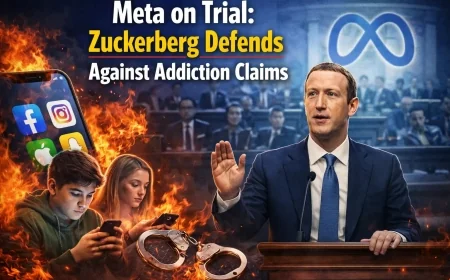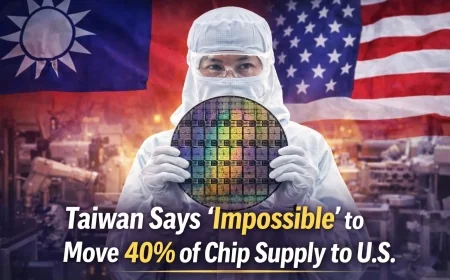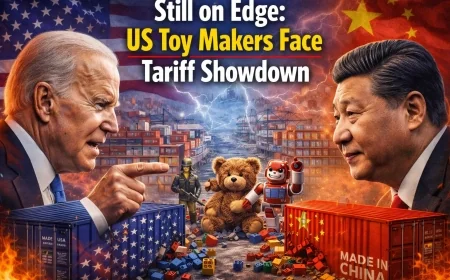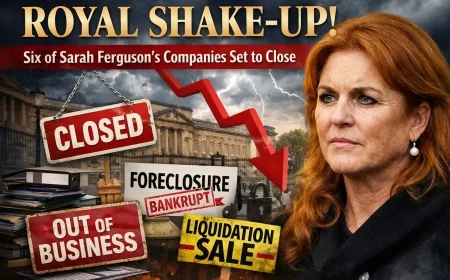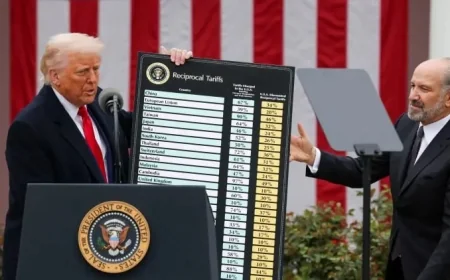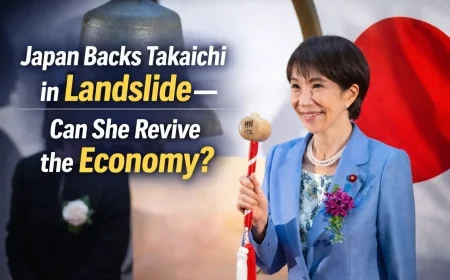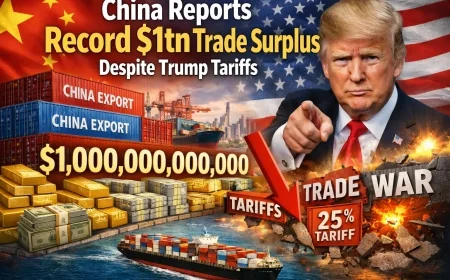China announces chemical ban after fentanyl tariff deal with Trump
China said on Monday that it is making good on its promise to crack down on chemicals used to make fentanyl. President Donald Trump recently held talks with Chinese leader Xi Jinping to discuss steps to de-escalate the trade war. The chemicals used to make fentanyl were a key issue for President Donald Trump.
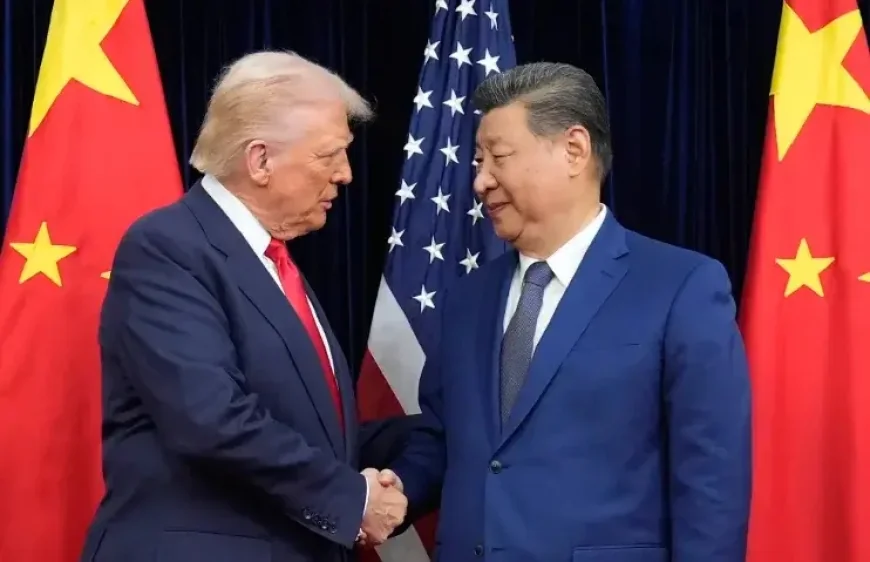
China said on Monday that it is making good on its promise to crack down on chemicals used to make fentanyl. President Donald Trump recently held talks with Chinese leader Xi Jinping to discuss steps to de-escalate the trade war. The chemicals used to make fentanyl were a key issue for President Donald Trump.
Beijing has announced new restrictions on the export of 13 "drug-making" chemicals to the United States, Canada, and Mexico. These include chemicals used to make synthetic opioids, which cause thousands of overdose deaths in the United States each year. After meeting with Xi Jinping in South Korea last month, Trump said China would help end the fentanyl crisis and would reduce the associated tariffs from 20% to 10%.
This reflects the ups and downs of US-China cooperation on fentanyl over the past few years and underscores recent tensions after Trump launched a tariff campaign, including against the country that is the largest exporter of drug ingredients, such as chemicals used to make fentanyl.
"The Trump administration has essentially agreed with Beijing that Beijing should resume what it was doing during the second half of 2024," said Vanda Felbab-Brown, a senior fellow at the Brookings Institution focusing on the opioid crisis, before Trump returned to the White House.
Asked about the White House's reaction to the Chinese export restrictions and whether the agreement truly resumes cooperation with China that had been disrupted by Trump's tariffs, Deputy Press Secretary Anna Kelly said the president has "taken every possible step to stem the flow of illicit narcotics into our country, from border security to attacking drug boats and curbing fentanyl precursors."
Cooperation on fentanyl has long been a thorn in relations between Beijing and Washington.
In 2019, during Trump's first term, Beijing took a major step by banning fentanyl and related substances at the US president's request. As tensions between Beijing and Washington escalated over human rights issues, China began halting anti-narcotics cooperation in 2020, though it was formalized two years later.
In 2023, before then-President Joe Biden met with Xi Jinping in California and secured agreement to cooperate with Beijing, the US listed China as a "major illicit drug producer."
Soon afterward, Beijing banned more substances, including another synthetic opioid and chemicals used to mix fentanyl. In September 2024, other key precursors to fentanyl were also banned.
After Trump took office, he twice imposed 10% tariffs on China, accusing it of failing to stop the flow of chemicals. Beijing responded by imposing its own tariffs and halting cooperation on fentanyl.
Felbab-Brown said, "The Trump administration made a grave mistake in 2024 by completely ignoring China's activities with the US and imposing tariffs without due consideration."
He said this gave Beijing an opportunity to bargain and "get double the points" by resuming the measures already proposed in the second half of 2024.
What's Your Reaction?
 Like
0
Like
0
 Dislike
0
Dislike
0
 Love
0
Love
0
 Funny
0
Funny
0
 Angry
0
Angry
0
 Sad
0
Sad
0
 Wow
0
Wow
0


















